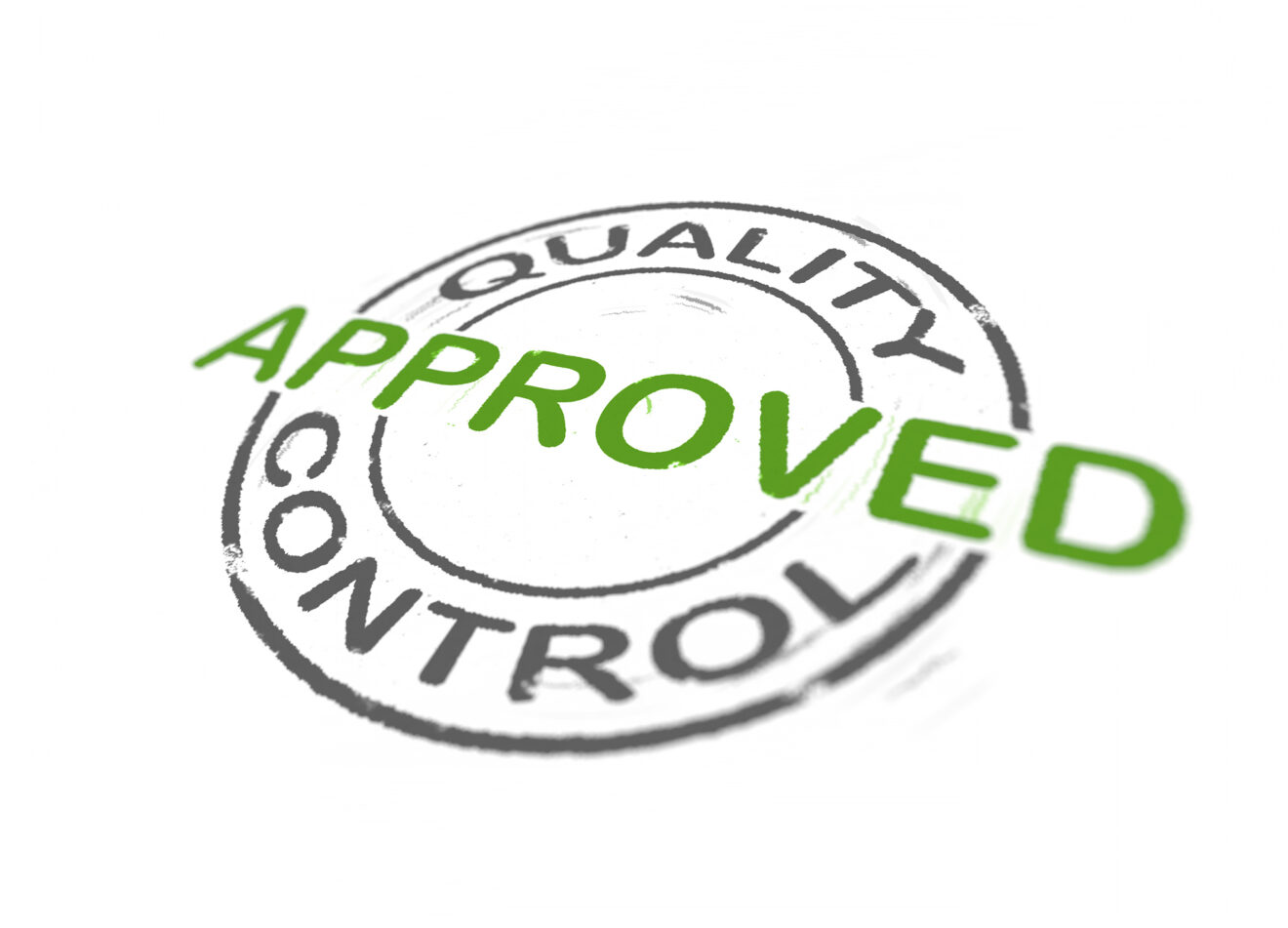With an estimated $50 billion invested in K-12 edtech in the 2021-22 school year and a continued increase in edtech engagement for educators and students, it’s clear that the relationship between edtech and learning has become permanently intertwined. However, with over 11,000 edtech tools on the market, how can district and school leaders, educators and families evaluate the quality of edtech solutions?

At Digital Promise, Marketplace Project Director Sierra Noakes and her team partnered with education leaders — including Brooke Morgan, Ed.D., Talladega County (Ala.) Schools’ innovative learning coordinator — around the country to design a solution: edtech certifications. They explain the process below.
The challenge
The promise of edtech persists: When developed based on research, alongside content and context experts, edtech tools can support teachers in providing students around the country with equitable, powerful learning experiences. We investigated the major challenges district leaders face when trying to find the right edtech solutions.

Morgan: The biggest pain points in making edtech purchasing decisions are edtech tool market saturation and time. There are so many different products available, with new ones released daily. We often spend more time at certain times of the year evaluating current products and prospective products. For example, in the spring we usually make decisions regarding whether to continue using a product so that any needed changes can take place over the summer months. But throughout the entire school year, I receive dozens of emails and phone calls daily from edtech vendors who want to communicate the benefits of using their product.
Noakes: District and school leadership teams are expected to fully evaluate the quality and fit of edtech options. Districts vary in their edtech evaluation processes, and in every case, this is a tremendous amount of work to put on the shoulders of education leaders.
Morgan: In keeping with our mission at Talladega County Schools to provide an equitable education for all students and to prepare them for their unique future, we use edtech tools to differentiate offerings based on the needs of each student.
In addition to providing personalized instruction, leveraging edtech tools also helps to enhance important district initiatives such as project-based learning, STEAM and computational thinking.
Perhaps even more importantly, our educators design lessons that foster communication, collaboration, critical thinking and creativity. These skills are critical for student success in both college and the workplace.
With the many job demands of a school technology coordinator, time is limited when it comes to thoroughly vetting edtech tools. Education leaders have shared that there is a concern that great edtech tools slip through the cracks with so many vendors pitching their products every single day.
Leverage edtech certifications for streamlined evaluation
Three priorities drove the development of Digital Promise’s product certification initiative:
- Information about product quality is limited, hard to find and rarely reliable or timely.
- Education leaders, educators, solution providers and researchers do not have common language or indicators to assess product quality.
- Solution providers’ product development strategies are most often driven by competitor companies rather than authentic needs and priorities, largely due to an absence of a single unified expectation from those who purchase and use edtech.
Noakes: To provide product certifications, we partner with education leaders, educators and learners to identify priorities and define the expectations. The priorities include confirming that edtech tools are based on learning sciences research, designed to support learner variability across a classroom, and committed to iterative improvement through collaboration with educators. Together, we articulate the criteria that edtech providers would need to demonstrate to successfully earn the edtech certification.
At the conclusion of this co-design process, we launch an application that requires edtech product teams to submit evidence that proves they meet the expectations laid out in the certification. Our experts assess the submissions to award or deny the product applicant.
Morgan: Having the opportunity to leverage product certifications assists districts in making informed decisions when exploring new edtech programs. When presented with multiple options, those that have earned a product certification will rise to the top of consideration.
Noakes: To support districts in using this resource, we recently published a report full of templates to incorporate product certification status into evaluation and decision-making processes.
How edtech certifications help with vendor pitches
Morgan: To navigate through the dozens of daily emails from edtech solution providers, district leaders can save time by requiring products to demonstrate that they have earned one or more product certifications before scheduling a meeting.
How they support RFP and RFA evaluation
Noakes: While requests for proposals and requests for applications are well-regarded strategies to select the best edtech solution for a unique learning environment, the process also puts a significant evaluation burden on the shoulders of the committee. By including questions about certification status, the schools let nonprofits shoulder some of the heavy lifting to help evaluation committees determine whether an edtech solution is based on learning sciences research, for example.
How they aid in contract renewals and investment redundancies
Noakes: A recent LearnPlatform analysis found that, annually, districts use an average of about 2,600 unique edtech tools, but students and educators use only 42 tools on average. As data continues to reveal the number of edtech solutions being purchased without being used, coupled with an upcoming end to federal stimulus funding, districts are focusing edtech decisions around contract renewals and minimizing the number of redundant products. While engaging in this analysis, school and district leaders can use product certification status to help narrow the options that should be under consideration.
Morgan: With Elementary and Secondary School Emergency Relief Funds, we had the opportunity to try new edtech tools to address learning gaps due to the pandemic. We will need to rely on usage data, teacher feedback and academic growth data to determine which tools are making the biggest impact on students.
Finding the right edtech is key
Noakes: By partnering with districts across the country to co-design certification requirements and then housing the relevant edtech solution evaluation process, we hope to alleviate some of the burden on districts that are seeking the right edtech. Through product certifications, we aim to amplify the needs and priorities of those who purchase and use edtech in the industry to drive design while also helping those flooded with edtech options to sift through and focus on the solutions that are designed to best meet the needs of each district’s unique learners.
Morgan: As the number of edtech certifications continues to grow, district decision-makers will rely more and more on them to determine which tools should be explored further. This will save considerable time and equip districts with vital information for moving forward in the ever-changing edtech landscape.
Sierra Noakes is Digital Promise’s marketplace project director, and Brooke Morgan, Ed.D., is Talladega County (Ala.) Schools’ innovative learning coordinator. Learn more about how Digital Promise partnered with educators and its product certification initiative, learner variability and templates for including certification in evaluations.
Opinions expressed by SmartBrief contributors are their own.
_________________________
Subscribe to SmartBrief’s FREE email newsletter to see the latest hot topics on EdTech. It’s among SmartBrief’s more than 250 industry-focused newsletters.
